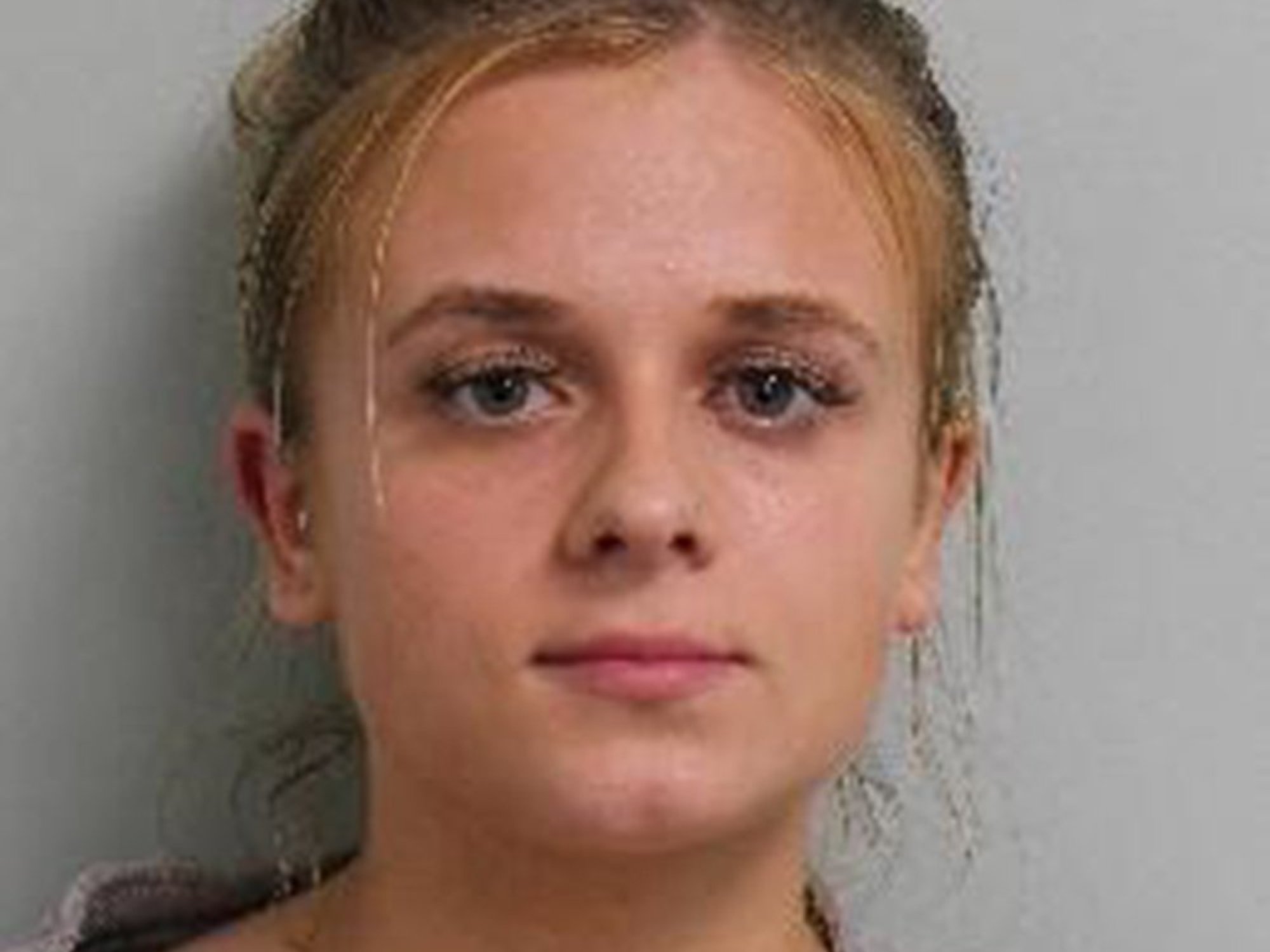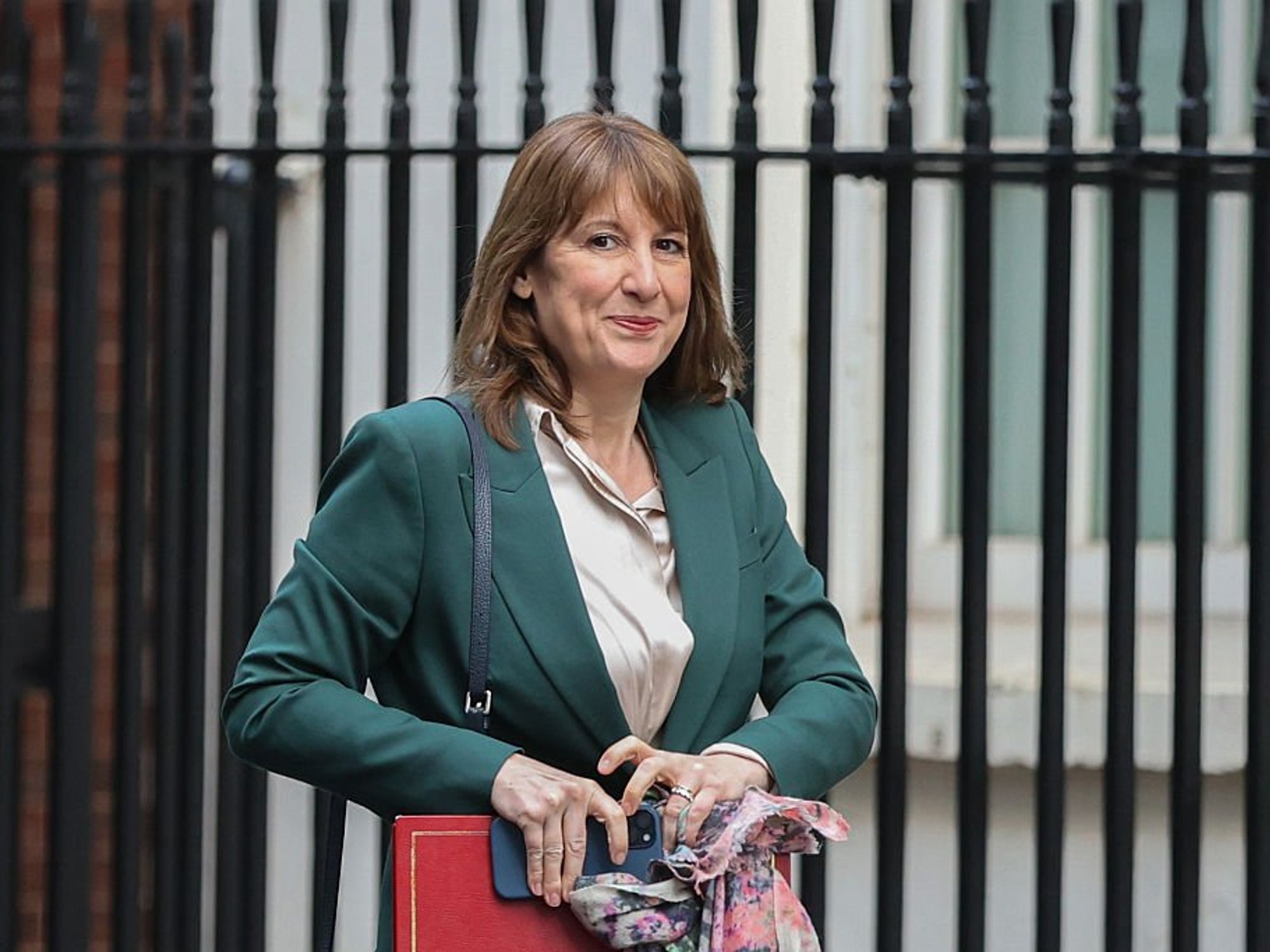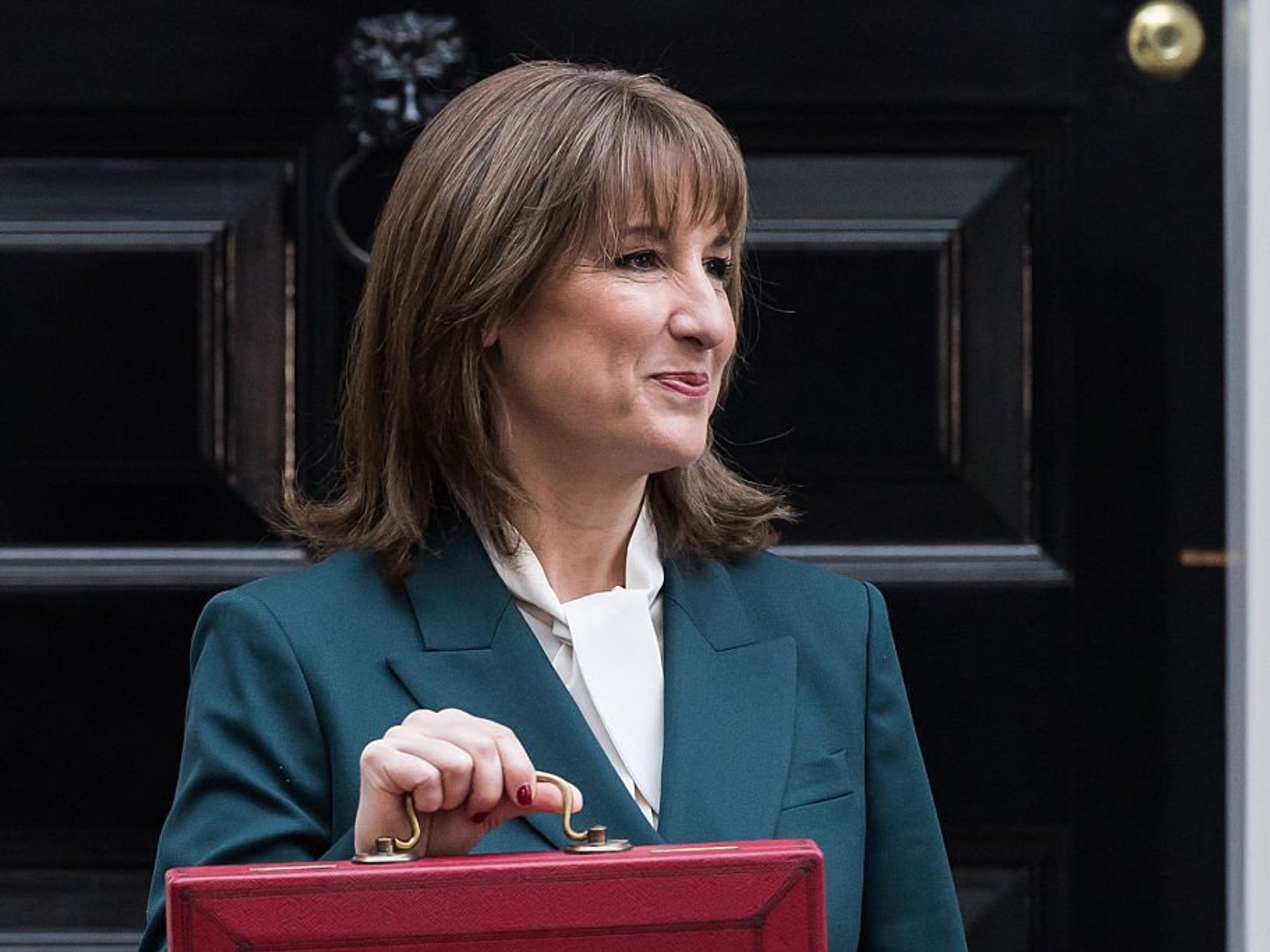Rachel Reeves under fire as she plots 'taxi tax' set to hit millions at Budget
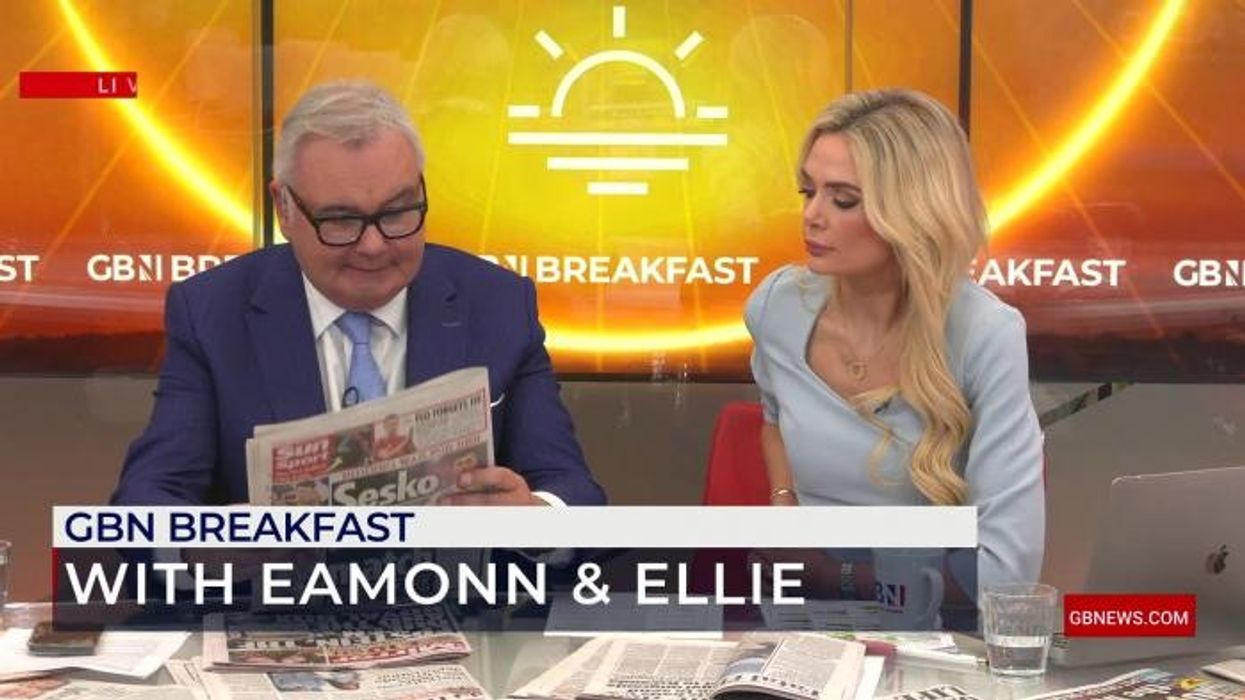
Eamonn Holmes hits out at Rachel Reeves over possible tax hikes |

Industry groups warn the proposed 20 per cent levy will hit rural communities hardest
Don't Miss
Most Read
Latest
Chancellor Rachel Reeves is preparing to introduce a 20 per cent VAT charge on taxi fares across the country, according to industry sources who warn the measure could generate approximately £750million yearly for government coffers.
The proposed "taxi tax" would mark a significant shift in how cab journeys are taxed, with rural communities expected to bear the heaviest burden due to their dependence on private hire vehicles where public transport options remain scarce.
Sources within the taxi sector indicate the Chancellor intends to reveal this VAT increase during her autumn Budget on November 26, as part of broader revenue-raising measures aimed at addressing the nation's fiscal challenges.
The move would standardise VAT treatment across all private hire vehicle journeys, ending current exemptions that benefit many taxi operators outside London.
Currently, taxi operators outside the capital avoid VAT charges because their drivers operate as self-employed contractors rather than employees.
These independent cabbies typically earn below the £90,000 annual threshold that triggers VAT liability, allowing firms to offer journeys without adding the 20 per cent charge.
This arrangement faced legal scrutiny when Uber, which does apply VAT to its fares, mounted a court challenge seeking to force competitors to adopt similar pricing structures.
Though initially successful, the ruling was reversed on appeal and subsequently upheld by the Supreme Court in July.
Despite the judicial outcome favouring the existing system, Treasury officials have indicated they remain committed to examining proposals for universal VAT application across the private hire sector.
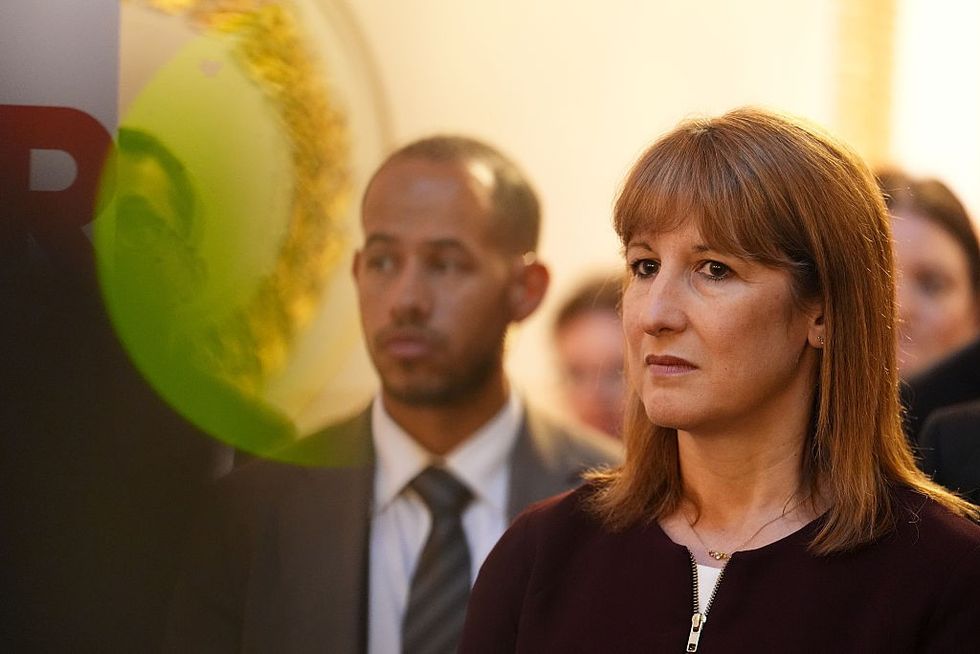
Sources within the taxi sector indicate the Chancellor intends to reveal this VAT increase during her autumn Budget on November 26,
|GETTY
Michael Solomon Williams, representing the Campaign for Better Transport, emphasised that taxis and private hire vehicles form a crucial component of transport infrastructure, particularly for countryside residents, non-drivers and those requiring accessible door-to-door services.
"The focus should be on making public transport more affordable and accessible not taxing the services that fill its gaps, hiking prices and undermining connectivity," he stated.
Research commissioned by the Stop the Taxi Tax campaign revealed concerning statistics about rural impact.
Nearly 60 per cent of village residents indicated they would cut back on taxi usage if prices rose, whilst half declared a 20 per cent increase would be beyond their financial means.
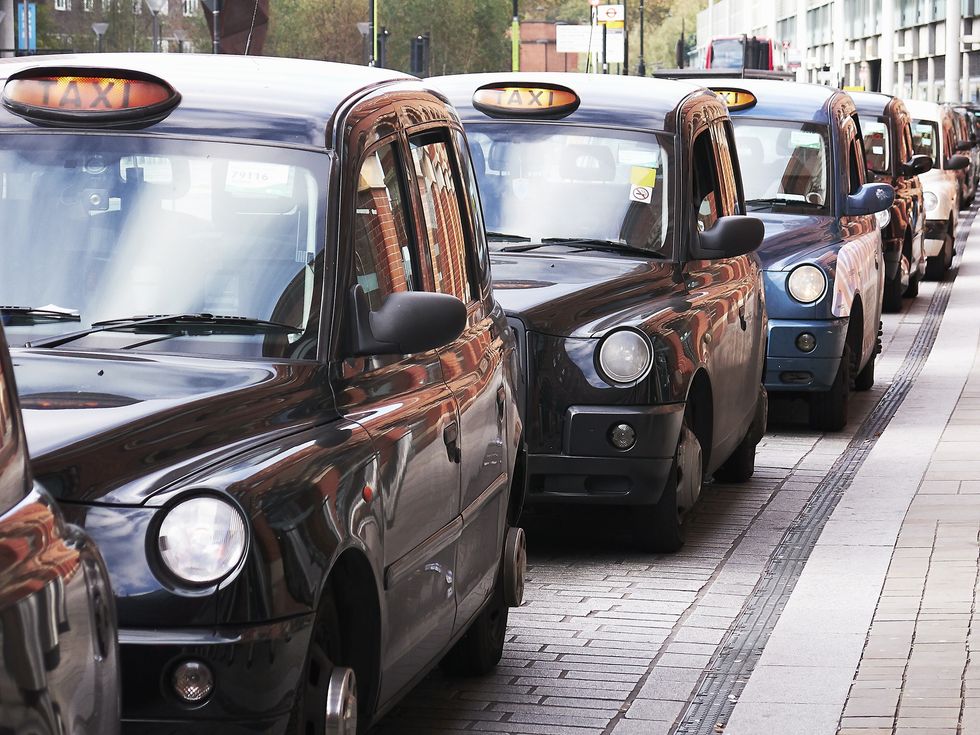
Taxis and private hire vehicles form a crucial component of transport infrastructure
|GETTY
The campaign argues such measures would disproportionately affect isolated communities already struggling with limited transport alternatives.
Government borrowing reached unprecedented levels outside pandemic years, with figures revealing an £11.4billion overshoot against official projections for the April to August period.
These alarming statistics have intensified pressure on the Chancellor to identify new revenue streams as she confronts what Treasury sources describe as a £50billion gap in public finances.
The taxi VAT proposal represents one element of what insiders expect to be numerous tax increases announced at the Budget, as ministers grapple with deteriorating fiscal conditions.
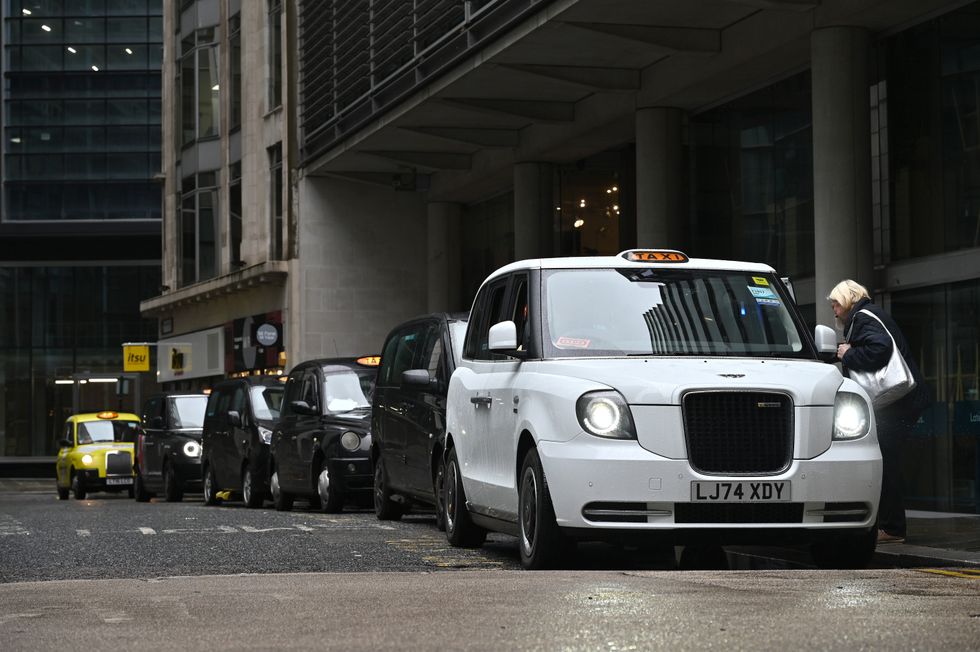
Survey data from Strand Partners showed overwhelming public resistance, with 70 per cent of voters opposing higher VAT on taxi fares
| GETTYDan Tomlinson, exchequer secretary to the Treasury, acknowledged the complexity of the taxi VAT issue in recent parliamentary responses, confirming that "decisions on tax policy are taken at fiscal events in the context of overall public finances."
Opposition groups have branded the proposal a violation of Labour's election commitment to leave VAT rates unchanged. A Stop the Taxi Tax campaign representative argued: "The Taxi Tax breaches Labour's manifesto promise not to raise VAT. Not only that, it will hit those living in rural communities especially hard, who lack reliable and accessible public transport."
Survey data from Strand Partners showed overwhelming public resistance, with 70 per cent of voters opposing higher VAT on taxi fares.
The Treasury acknowledged receiving extensive feedback through last year's consultation process. A spokesperson confirmed: "We take this issue very seriously and recognise its complexity. We are reviewing feedback from our recent consultation and will publish our detailed response shortly."
More From GB News






